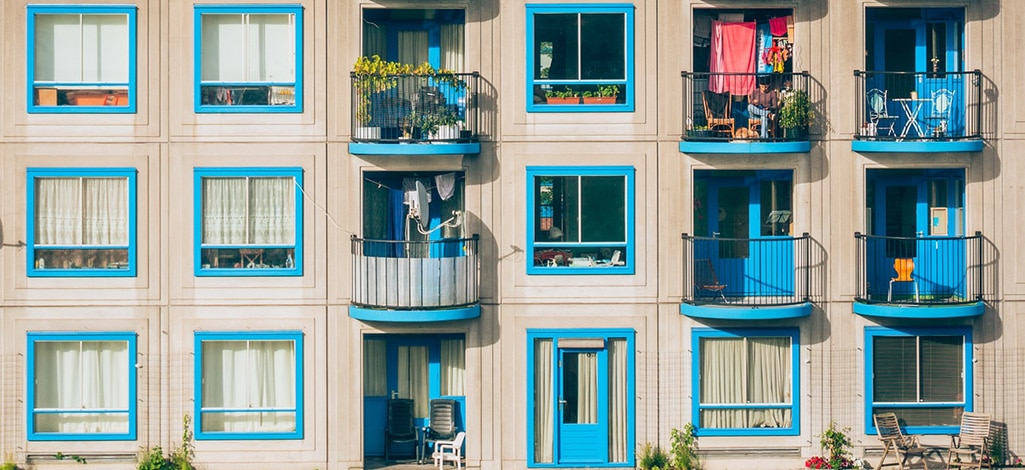Talkative Towers is a multi-unit residential rental building in Vancouver, British Columbia. This week, the rental property manager received a report from one of its residents that they tested positive for COVID-19. The rental property manager wonders: What obligations do I have to share this report with the other Talkative Tower residents? What obligations do I have to the resident to protect their privacy? Before any report of COVID-19 “goes viral” in a rental building, it is important to strike a balance between protecting a resident’s privacy rights and performing a landlord’s duty to manage a health risk in a rental building.
Minding Your Own Business
The Personal Information Protection Act, S.B.C. 2003, c. 63 (known as “PIPA”, for short) applies to individuals and private sector organizations in British Columbia. Its purpose is to balance the right that individuals have to safeguard their “personal information”, with an individual or organization’s need to collect, use, disclose and dispose of personal information within reason. In the event that an individual’s privacy is compromised, an individual may make a privacy complaint to British Columbia’s Office of the Information & Privacy Commissioner.
When it comes to residential tenancies, PIPA covers companies, societies, and associations that manage rental properties, as well as individuals who rent their own homes (regardless of whether the rental property is a multi-unit building, secondary suite or a single strata lot). To assist residential landlords and rental managers with navigating PIPA requirements, British Columbia’s Office of the Information & Privacy Commissioner released updated privacy guidelines in September 2019. These guidelines highlight the areas of PIPA that private sector landlords encounter in their day to day management of a residential tenancy. In short, when it comes to the business of rentals, it is important that owners and managers mind their own businesses in accordance with PIPA.
So how personal does personal information need to be to trigger PIPA? Perhaps not surprisingly, PIPA’s definition of personal information means any information about an identifiable individual, apart from business contact information. Such identifying information includes but is not limited to an individual’s name, address, physical characteristics and conditions, medical information, and any other information that makes you, well, you. This is not an exhaustive list. The overarching consideration is whether the information is capable of identifying a particular individual. A resident’s diagnosis of COVID-19 would fall within this definition.
The Laws of the Land
In addition to paying attention to PIPA, owners or rental managers must also be mindful of the Residential Tenancy Act, S.B.C. 2002. C. 78 (“RTA”). The RTA governs most landlord and tenant relationships in our province. A critical component of any rental relationship is the rental property itself. When it comes to managing the rental property, landlords are tasked with ensuring that the rental property is suitable for occupation, and complies with health, safety and housing standards required by law. This obligation extends to rental units, common areas, and common facilities and services (e.g. laundry rooms; gyms; social rooms).
As part of several emergency measures put into place in British Columbia this week, landlords have been given special permission to restrict or otherwise shut down common areas, facilities and services that present a risk of COVID-19 transmission. Landlords have also been coached to adopt more rigorous cleaning and disinfecting schedules in their rental properties. In addition, landlords are encouraged to keep residents, staff, and visitors informed of these remedial measures, as well as tasked to stay informed by contacting their local health authority in the event they receive a resident’s report of COVID-19 at the rental property.
The duty to repair and maintain does not simply fall on a landlord’s shoulders. Tenants, too, have their own obligations. For tenants, there is an obligation to maintain health and sanitary standards within the rental unit as well as any common areas they use. This means self-isolating when sick, maintaining mandated social distancing measures, abiding by a landlord’s common area and amenities closures, and following the directives of our health care professionals to prevent the spread of COVID-19.
Striking a Balance
Between PIPA and the RTA, what is an owner or manager to do with a report of COVID-19 from a resident? The key to delivering this message is being careful not to divulge the messenger.
While PIPA does not close the door on disclosing a report of COVID-19 in a rental building to others (including residents, prospective residents, staff, contractors, and anyone else accessing the rental property), PIPA requires landlords to reveal only that personal information necessary to comply with their rental management duties and other legal obligations. To that end, any letters to residents or any public area/entryway posters should disclose the report of COVID-19, but keep the name, rental unit #, and any other personal information identifiable about the resident private (absent the resident’s express written consent to do otherwise). Less is more, so to speak.
At the end of the day, the contents of the notification will be informed by the nature and scope of the reported case(s) of COVID-19. With any notification, landlords should also consider updating residents on the responsive steps taken to meet health and safety standards at the rental property, as well as a reminder to others of their own obligations to flatten the curve as noted above. Fortunately, landlords needn’t look very far to find helpful posters and newsletters from the BC Centre for Disease Control to spread the word. Needless to say, in the case of any report of COVID-19 in a rental building, landlords should also contact their local health authority for guidance.
Contact Information:
Lisa N. Mackie, Partner
Alexander Holburn Beaudin + Lang LLP
Direct Line: 604.484.1759
Email: lmackie@www.ahbl.ca




